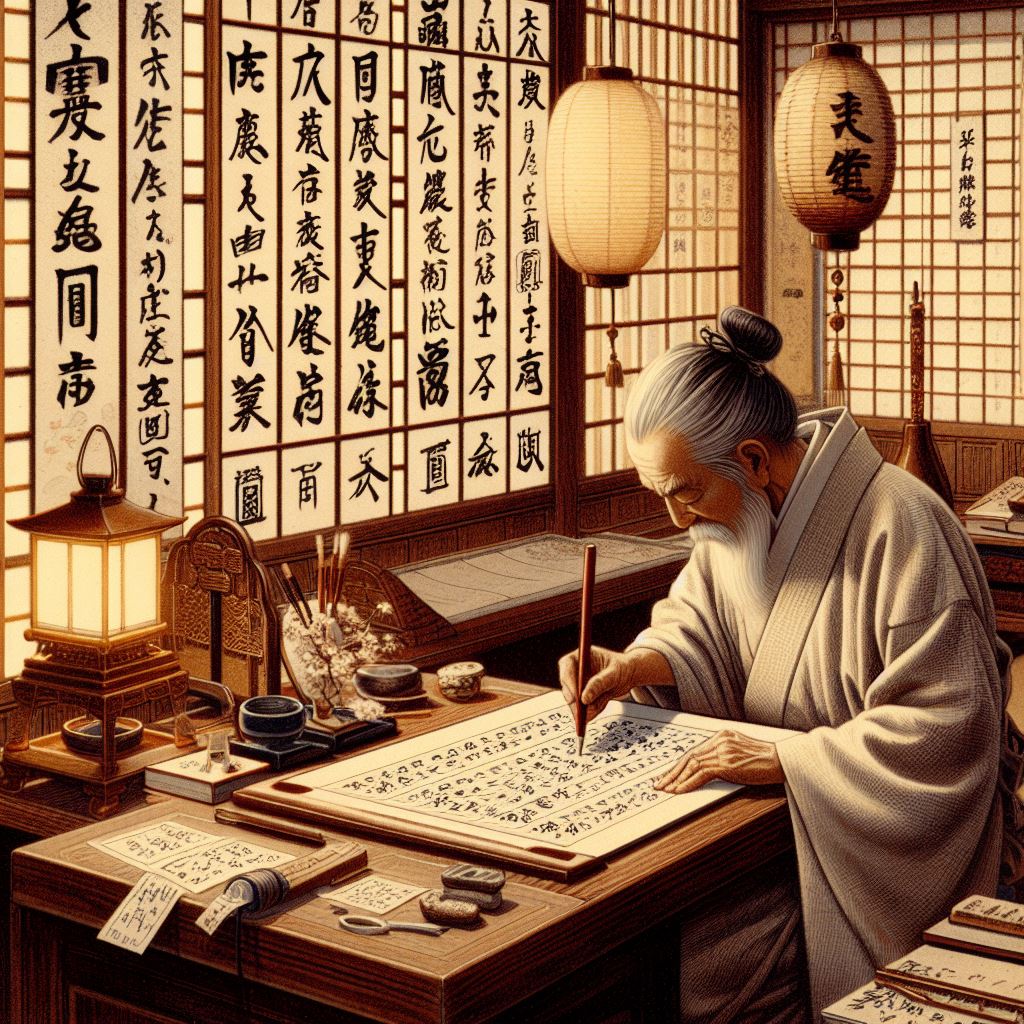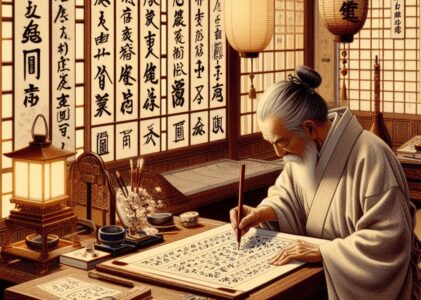It takes ten years to become a Master
Part Three
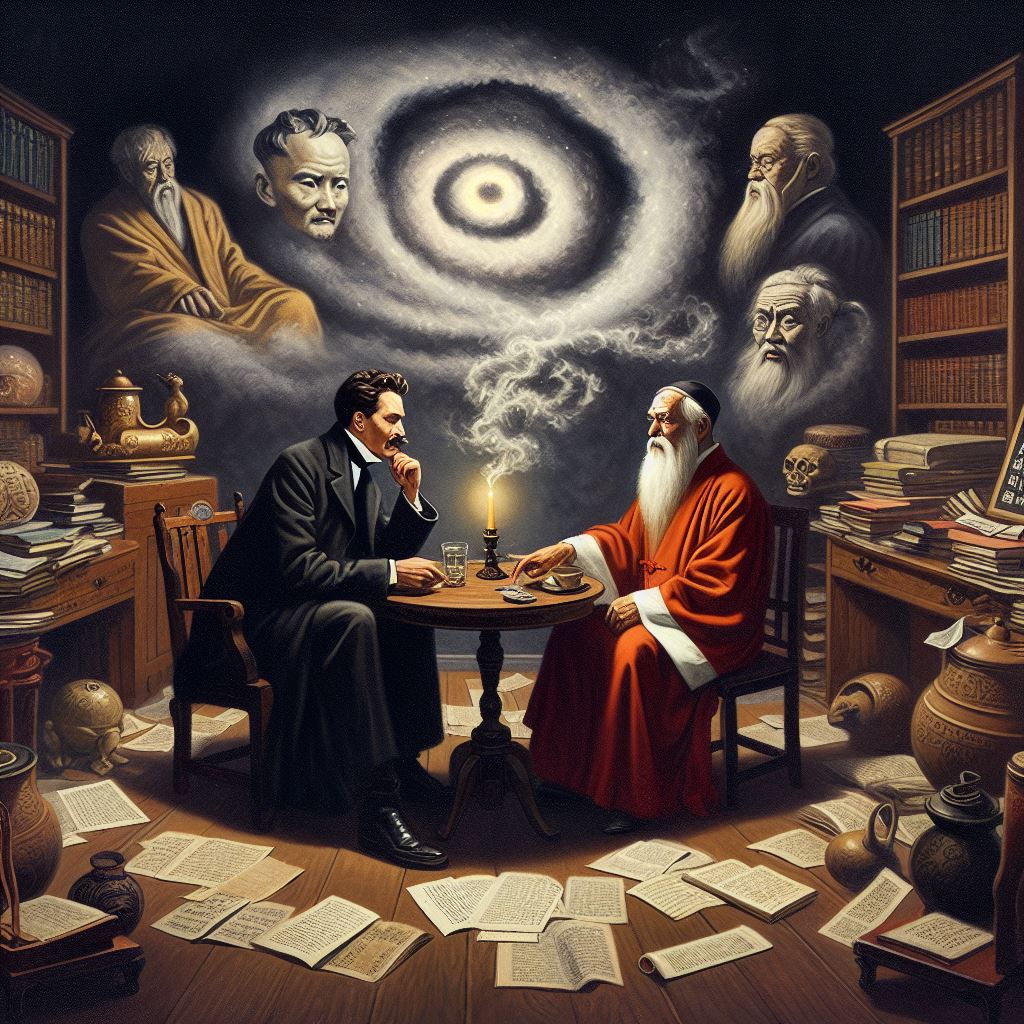
While at Art College I was exposed to many new ways of thinking and I discovered at the same time Existentialism and the Tao. Both of which have heavily influenced my life ever since in profound ways. Existentialism was a true mind-bender and I ended up spending way too much time lost in that world. It can lead you down a rabbit hole and doesn’t offer much of a way out. The only way out is to dig yourself out. Existentialism will not hold your hand and say ‘Everything is ok’. It more likely stands over the grave that you’ve dug for yourself and tells you ‘It’s up to you buddy’ and then walks away. It won’t even throw you a rope. You have to plait your own rope out of tree roots and climb out yourself. When you manage to do that it is such a relief you run away from existentialism and join the circus.
There is no personal God
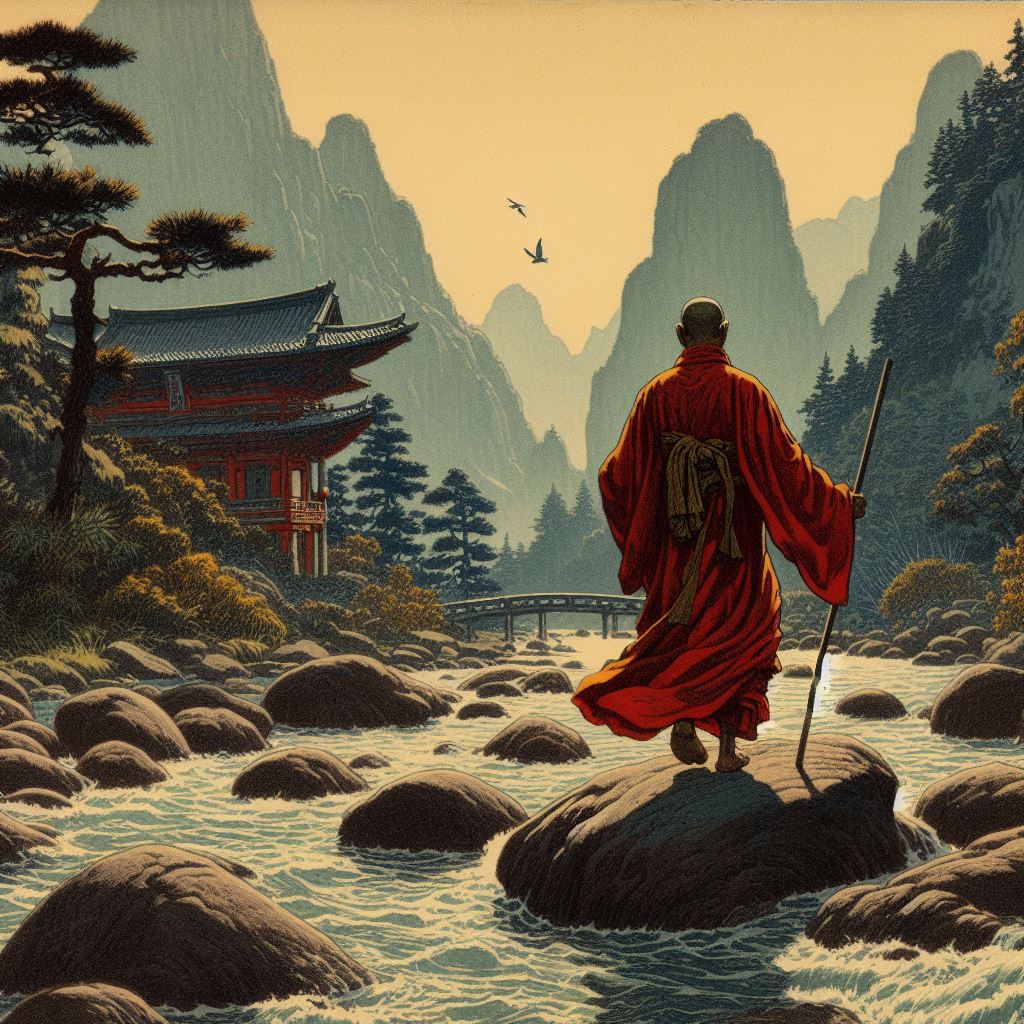
Taoism on the other hand is lovely, wonderfully ambiguous and deep beyond measure. It has existential similarities like ‘there is no personal God’ and an uncaring impersonal Universe. It does offer the prospect that if you can get on the wavelength of the Universe, you can ride it like a wave and then it’s not so scary. It like real waves, can also dump you on the beach, or suck you under and make you feel like you’re drowning. At least though, it gives one hope that if you can get back on the wave everything will be ok again. Existentialism doesn’t offer that hope.
That’s why I like Tao more than Existentialism. and what has this to do with Art I hear you ask?
Stay tuned dear reader. It has EVERYTHING to do with art.
The Taoist philosophy is essentially a way of finding your place in the Universe. It’s not a rule book or an instruction manual. It’s a set of rough principles and guidelines. How you interpret it and make it work for you is up to you. It forms part of a triad of ancient philosophies. Buddhism shows you how to have a relationship with yourself. It is about your relationship with yourself. Confucianism is about your relationship to your community and the human and social world around you. I have never gotten into it because I am not part of the Chinese community, so I don’t find it as neatly applicable, but I recognise its role and appreciate what its objectives are. Tao is about your relationship with the Universe. The larger metaphysical Universe beyond your relationship with yourself and your community.
“Learn Technique”
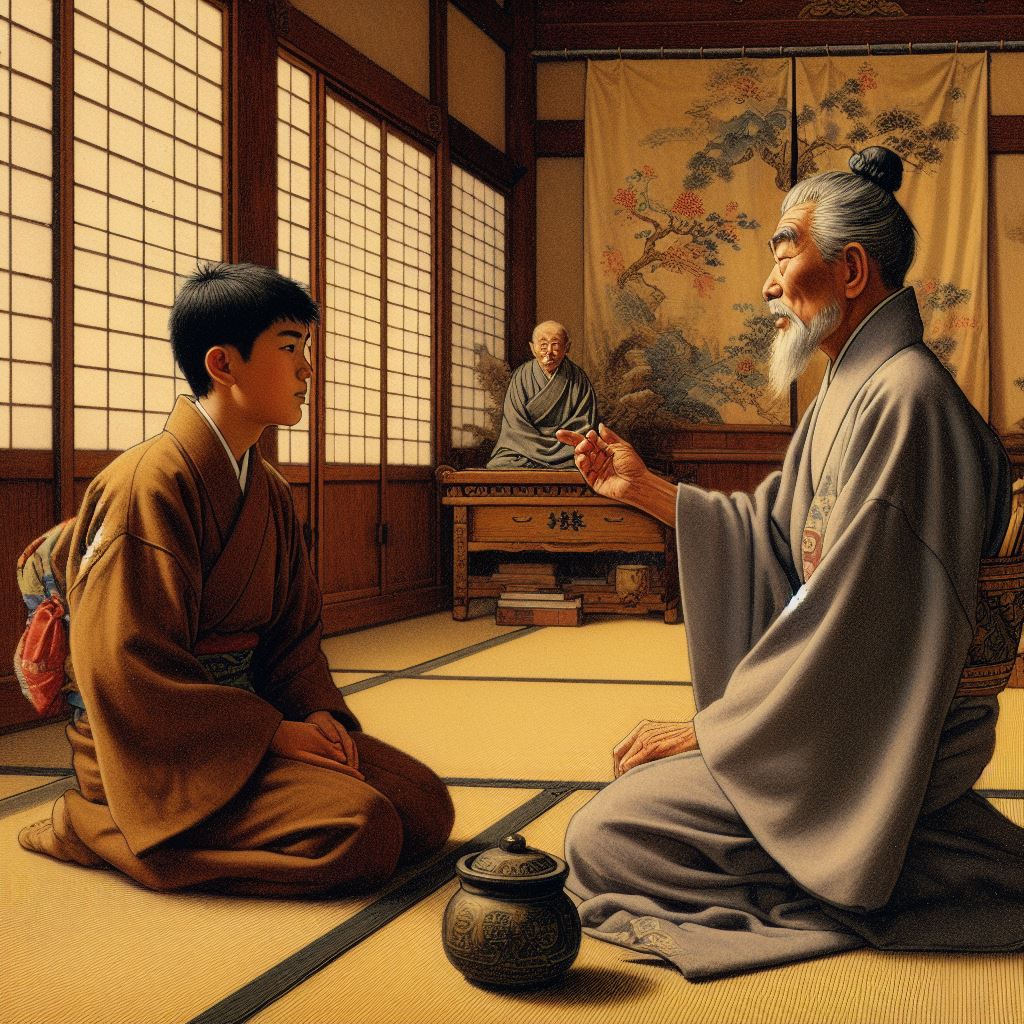
In Japanese Zen Buddhist philosophy, there is a Koan about learning to a Master. It doesn’t have to be anything creative the same principles apply. It says: “Learn Technique. Become Technique. Forget Technique” It is profound in its simplicity. It means that to learn something you set out on a path. The first thing you learn is the basic stuff, like technique. How to draw, how to hold a brush, how to understand colour and form, how to see shadows and texture. If we are coming to art for the first time we will feel like a baby and we know nothing. For that is true. We are empty vessels willing to be filled by the journey. With dedication and time, we get better.
Over time the struggle of learning the new starts to fade and it more and more becomes a joy and we get more comfortable with our abilities. This is the beginning of the next stage.
In the next stage we ‘become technique’. At this stage, we can forget that we are still learning and we start to integrate our learning into our being. We develop muscle memory. It feels like we don’t have think so much about ‘how’ to do something, we ‘know’ how to do something. We still have to learn and go back and check our foundations, but it’s not such a mystery anymore. You become comfortable with the process and you can start calling yourself an ‘artist’ with a degree of confidence. This is also the stage where the ego gets its talons into you.
‘Become Technique’
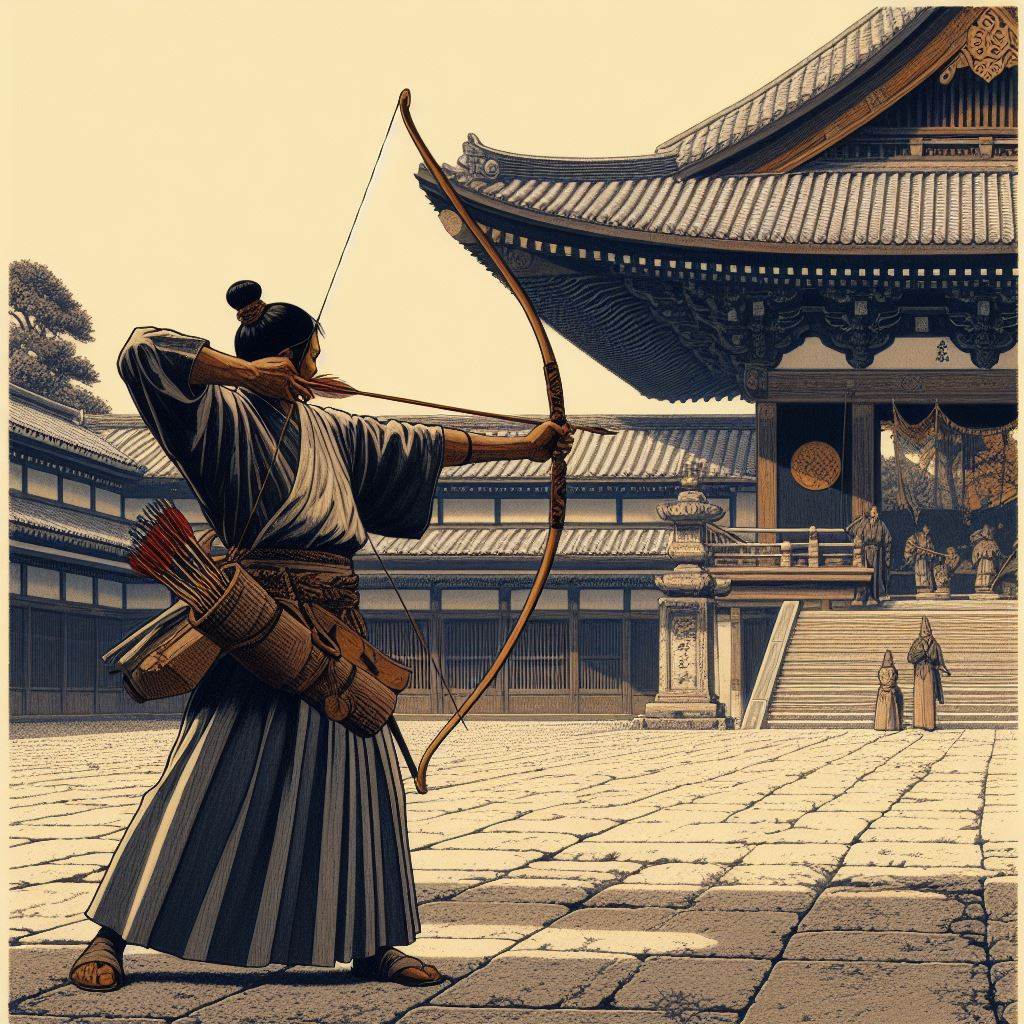
Ego always puts itself front and centre. Ego, is the big “I am!” I am the creator. I am the genius. I am. I am. It hijacks everything and makes us think that we are the most important and best artist ever, simply because we did it. It’s an illusion. It’s not real. It’s all relative. We might think we are the best artist, but probably not the best artist ever. It’s all relative. There is no best. There will always be better. It is only our fragile ego that wants to keep on building this illusion. It won’t let us ‘be’ on this journey. It has to keep highjacking us. The ego is fragile and can be shattered in an instant. While it seems powerful and unstoppable, a well-placed or mistimed word can smash it to pieces and leave you wondering if you are an artist at all. Should you throw it all in as a waste of time? It’s easy to get disillusioned at this stage.
‘Forget Technique’
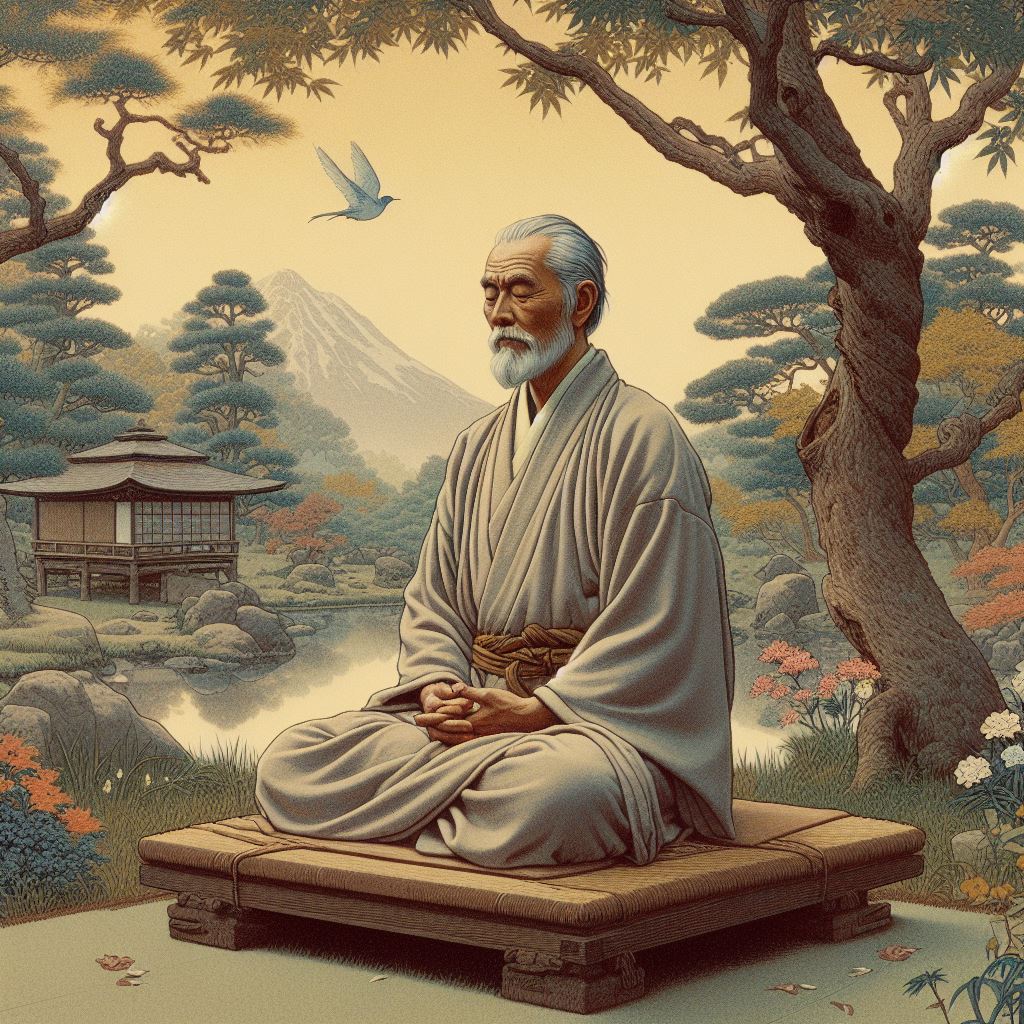
The next stage though is the payoff. After ‘become technique’ is ‘forget technique’. This might seem like a contradiction in terms. You’ve spent all this time learning technique and integrating it into your being and becoming technique. Why would you want to forget it? You must be kidding! I‘m not going to waste all that work! The thing is though, you aren’t wasting anything. This is just your ego speaking once again. It wants to be the centre of our Universe, it wants to be the ‘man’ and take responsibility for everything. To go to the next level though, you must put ego in its place and take it out of the picture. The next level is the pay off for all that work. The next level is where you just ‘know’ what you’re doing. You don’t have to think about ite doing anymore. You don’t have to think about how you’re doing it. You just do it and it flows like a river.
STAY TUNED FOR THE NEXT EXCITING INSTALLATION.
Has your ego either contributed positively or detracted from your art process?
Share your thoughts below.
